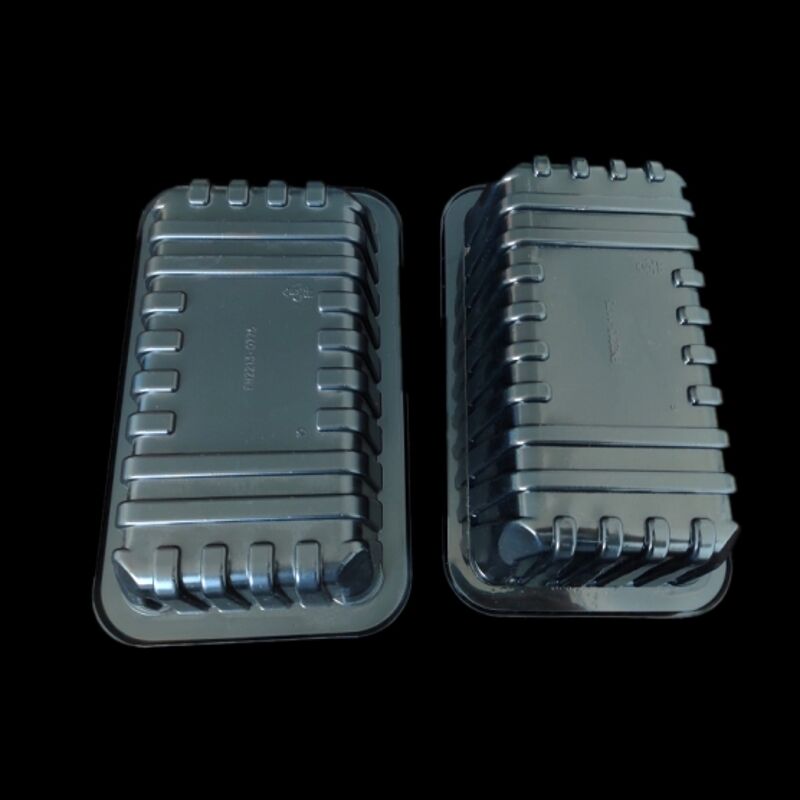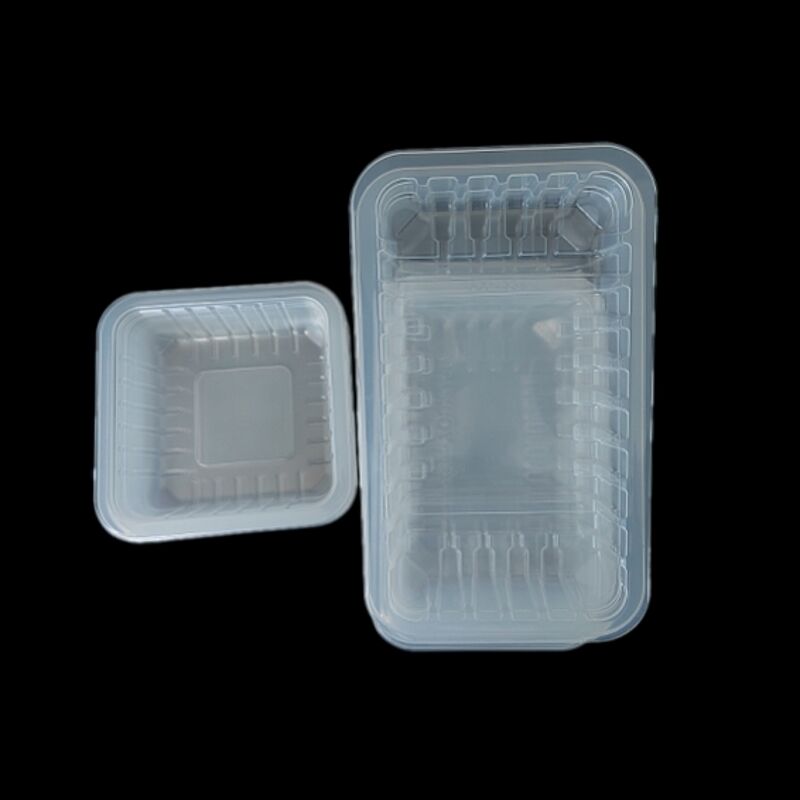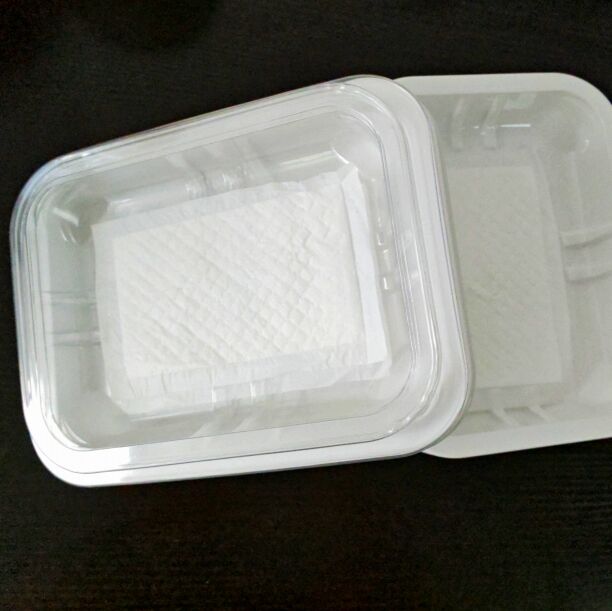plastic food tray manufacturer
A plastic food tray manufacturer represents a crucial player in the modern food packaging industry, specializing in the production of high-quality, food-grade plastic containers designed for various applications. These manufacturers employ advanced injection molding and thermoforming technologies to create durable, lightweight, and cost-effective food trays that meet stringent industry standards. The manufacturing process incorporates state-of-the-art automation systems and quality control measures to ensure consistency and reliability in production. These facilities typically feature clean room environments for maintaining hygiene standards and utilize food-grade materials that comply with FDA regulations. The manufacturing capabilities extend to producing trays in various sizes, shapes, and configurations, accommodating different food service needs from single-serve portions to bulk packaging solutions. Modern plastic food tray manufacturers also emphasize sustainability, implementing eco-friendly practices and developing recyclable materials while maintaining product integrity and food safety standards. The production lines are equipped with advanced monitoring systems that ensure precise temperature control, material distribution, and dimensional accuracy, resulting in products that meet exact specifications for commercial food service, retail packaging, and institutional use.


